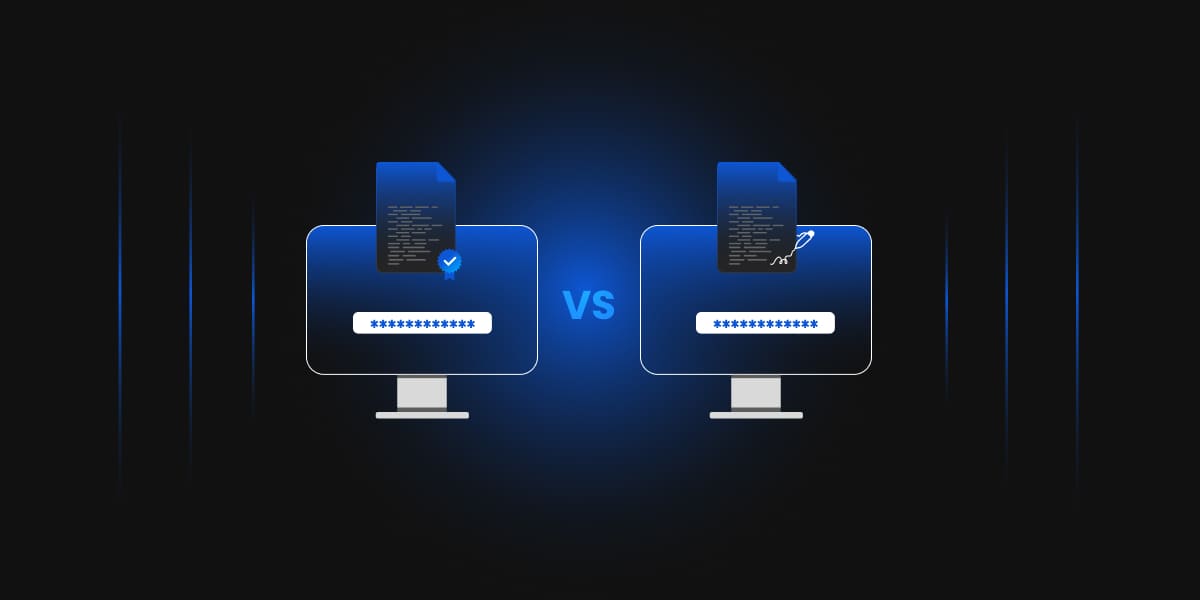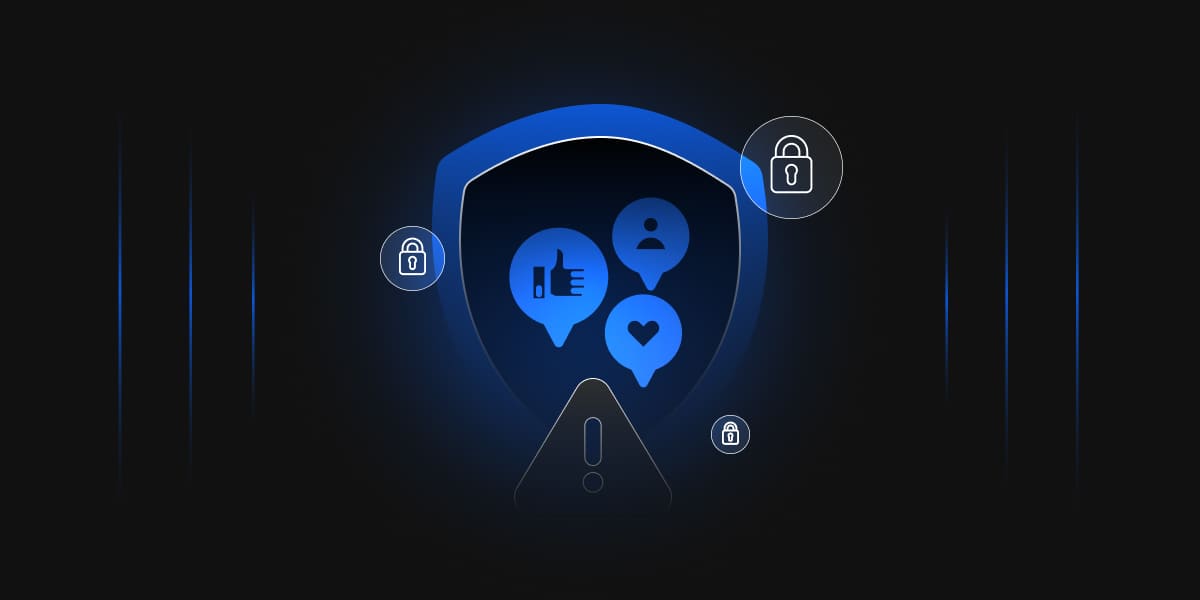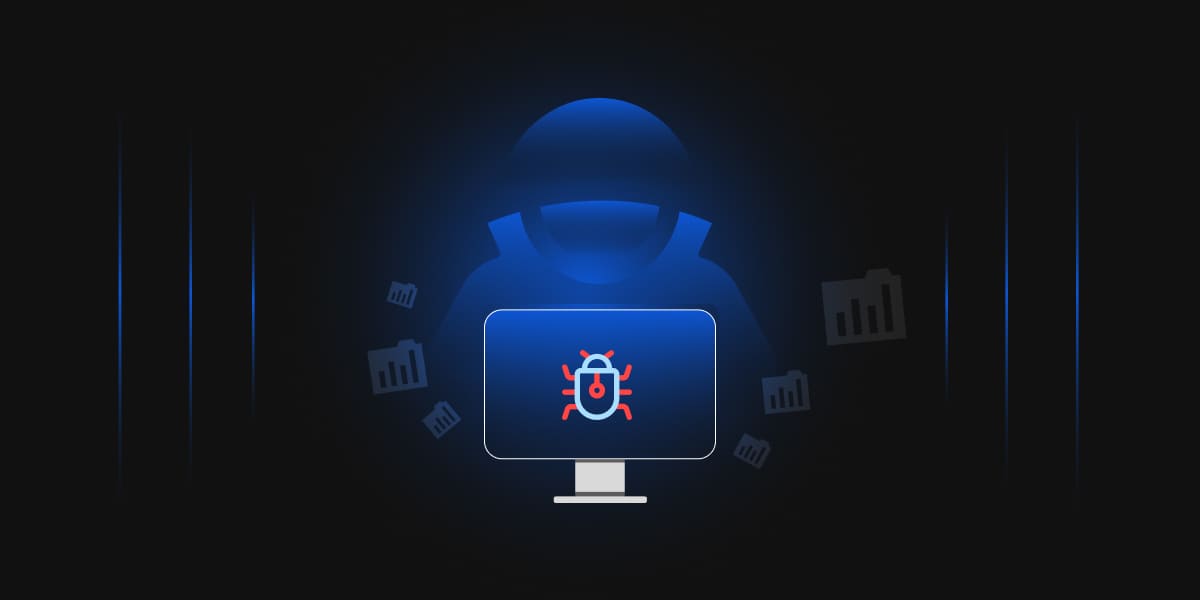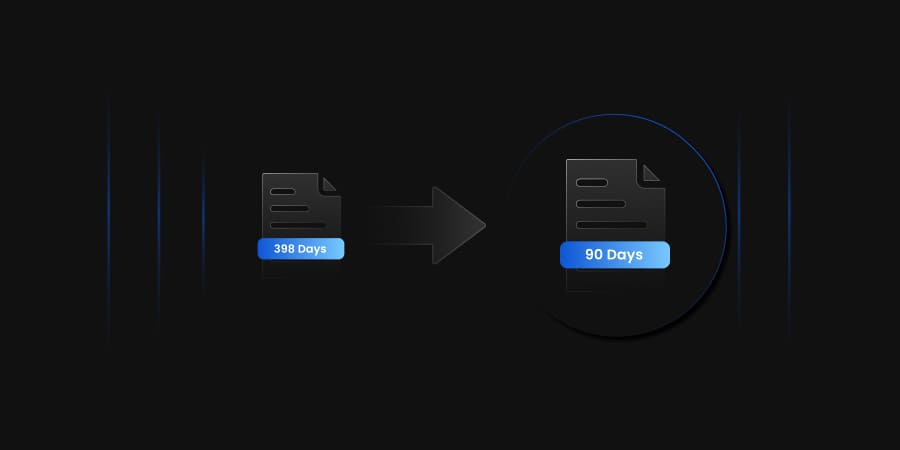Asymmetric encryption, commonly known as public-key cryptography, is based on calculations that are extremely hard to crack even with the most powerful computers available today. However, using encryption with private and public keys still has one issue. The public keys are presumed to be open, which means that anybody may access them. Nothing can prevent a malicious party from claiming ownership of a public key that is not theirs. Public Key Infrastructure can be used to solve this integrity issue.
Information can be exchanged on an insecure network, such as the internet, securely and privately using PKI. To achieve this, PKI uses two key technologies: digital signatures and digital certificates which are the key components in the certificate authority trust model.
What is a Digital Signature?
The term digital signature is comprised of two words: digital and signature, so let’s try to elaborate on each of these terms one by one.
What is meant by digital?
Digital elaborates the electronic technology that generates, stores, and processes data in terms of positive and negative states. Positive is represented by the number 1 and 0 represents the non-positive. Thus the data is expressed as a string of 0’s and 1’s which is transmitted or stored with digital technology.
What is a Signature?
To show whether a document is approved by us or created by us, we generally sign a document. This signature proves to the recipient that this document is coming or generated from a legitimate source. This signature present on the document signifies the authenticity of the document.
For example, When X sends a message to Y, Y wants to check the legitimacy of the message and confirm whether it is coming from X, not from some third party or malicious Z. So, Y can ask X to electronically sign the message. The identity of X is proved by this electronic signature which is called a digital signature.
Features of a Digital Signature
Message Integrity
In signing and verifying algorithms, the message’s integrity is preserved by using a hash function.
Message Authentication
The verification of the message is done by using the sender’s public key. When X sends a message to Y. The public key of X is used by Y for verification and the public key of X can’t create the same signature as Z’s private key.
Message Nonrepudiation
Non-repudiation is the guarantee that the originator of a message cannot deny any previously sent messages, commitments, or actions.
What is a Digital Certificate?
A digital certificate is a collection of electronic credentials that are used to confirm the identity of the certificate holder using encryption keys (public and private keys). These keys sign and encrypt information digitally. A digital certificate guarantees that the certificate includes a public key that belonged to the SSL requestor to whom it was issued.
A digital certificate is issued by a certificate authority. A digital certificate holds two keys: a public key and a private key. While the receiver has the recipient’s private key, the certificate contains the public key. A message that has been encrypted with a public key can only be decrypted with the mathematically linked private key. When a certificate is issued by a certificate authority, it contains the encryption algorithm, digital signature, serial number, expiry dates, and name of a certificate owner. The process of certificate issuance starts with the submission of a CSR (certificate signing request) and submission of the required information.
The verification of the domain ownership along with business registration documents is done after the information is submitted. After the verification, a digital certificate is issued by the certificate authority and needs to be installed on the server.
Who Can Issue a Digital Certificate?
The responsibility for issuing digital certificates falls on the certificate authority. They will attach their signatures to the certificates as evidence of the legitimacy and reliability of the entity that made the request. The management of domain control verification is largely under the responsibility of the certificate authority. In essence, certificate authorities are vital to the functioning of the public key infrastructure and the security of the internet.
Benefits of Digital Certificates?
Digital certificates play an important role in the cybersecurity landscape. Some of the key advantages of having a digital certificate are made up of the following:
Data Security, Confidentiality, and Integrity Through Encryption
The protection of sensitive data is one of the most significant functions that digital certificates provide. Information cannot be viewed by anybody who is not allowed to read it thanks to digital certificates. Therefore, having a digital certificate will be advantageous for people and organizations transporting vast amounts of data. Consider the use of an SSL certificate, which assures that hackers cannot intercept user data by helping to encrypt data sent between website servers and browsers.
Additionally, digital certificates assist in resolving issues with message confidentiality and privacy. They enable private communication between parties using a public network. Digital certificates also contribute to the maintenance of data integrity by preventing intentional or unintentional tampering with the data while it is in transit.
Authenticity or Identification Benefits
Digital certificates have been at the forefront of the fight against fraudsters and fake websites that appear as authentic ones in an era of extensive data breaches and increasing cyberattacks. They show that websites and servers are exactly who they claim to be and identify every participant in the communication chain. As you are aware, before granting a digital certificate, certificate authorities investigate a company or website. The certificate details will contain all the necessary information about the website. This data is what aids in proving the legitimacy of the website.
Scalability
The same encryption strength is provided to businesses of all shapes and sizes by digital certificates such as SSL certificates. These certificates are also very scalable because they may be issued, canceled, and renewed in a matter of seconds.
Reliability and Cost-effectiveness
The trusted certificate authorities have the responsibility of issuing digital certificates. For the CA to issue a certificate, it must thoroughly investigate each applicant, meaning the organization that uses the certificate cannot be tricked by the hacker. Digital certificates also provide the necessary encryption strengths at a reasonable cost. You shouldn’t be shocked to find that most digital certificates cost around $100 or less each year.
Public Trust
Visitors to your website are worried about their security and wouldn’t take the chance of going to an unsafe website. Because of this, most of them will seek confirmation that your website is trustworthy and safe. You may utilize it in a variety of ways to gain user trust, and getting a digital certificate is the ideal option.
Digital Certificate vs. Digital Signature: What’s the Difference?
The basic difference between a digital certificate and a digital signature is that the certificate attaches the digital signature to an entity, while the digital signature must guarantee the security of the data or information from the moment it is sent. Digital certificates are used to validate the sender’s and the digital signature is used to validate the sent data.
A digital certificate is a collection of the digital or electronic credentials (file or passwords) issued by a trusted certificate authority and linked to digital messages/communications to validate the legitimacy of the sender, server, or device using the public key infrastructure (PKI). In comparison, a digital signature is a hashing approach that verifies the users’ identities and provides authenticity using a numeric string.
Using cryptographic key technology, a digital signature is simply attached to an email or document. The same hash algorithm is used by the signature to decrypt the message when it is received by the recipient.
| Digital Signature | Digital Certificate |
|---|---|
| It authenticates the document’s identity. | It authenticates the legitimacy of the ownership of an online medium. |
| An authorized agency issues it to a specific individual. | It is issued after the background of the applicant is checked by the certificate authority (CA). |
| It guarantees that the signer of the document cannot be non-repudiated by the signer. | It guarantees the security of the two parties exchanging information. |
| It is based on the DSS (Digital Signature Standard). | It is based on the principles of the public-key cryptography standards. |
| A mathematical function is used in the digital signature (Hashing function). | It uses personal information to identify the owner’s traces. |
| It is frequently used to prevent document forgery. | It is used in an online transaction to determine the reliability of the sender and the data. |
| It is an extension of a document that serves as a substitute for a signature. | It serves as a medium to validate the identity of the holder for a particular transaction. |
| It guarantees that both the sender and the recipient have access to the same document and data. | It increases trust between customers and businesses (Certificate holders). |
Conclusion
Both the digital signature and the digital certificate are essential components of security. In our daily lives, we use them both. So next time you visit a website don’t forget to verify whether it has a valid digital certificate or not. We at Encryption Consulting with top-of-the-line consultants provide a vast array of PKI services to easily manage and store your digital certificates.




